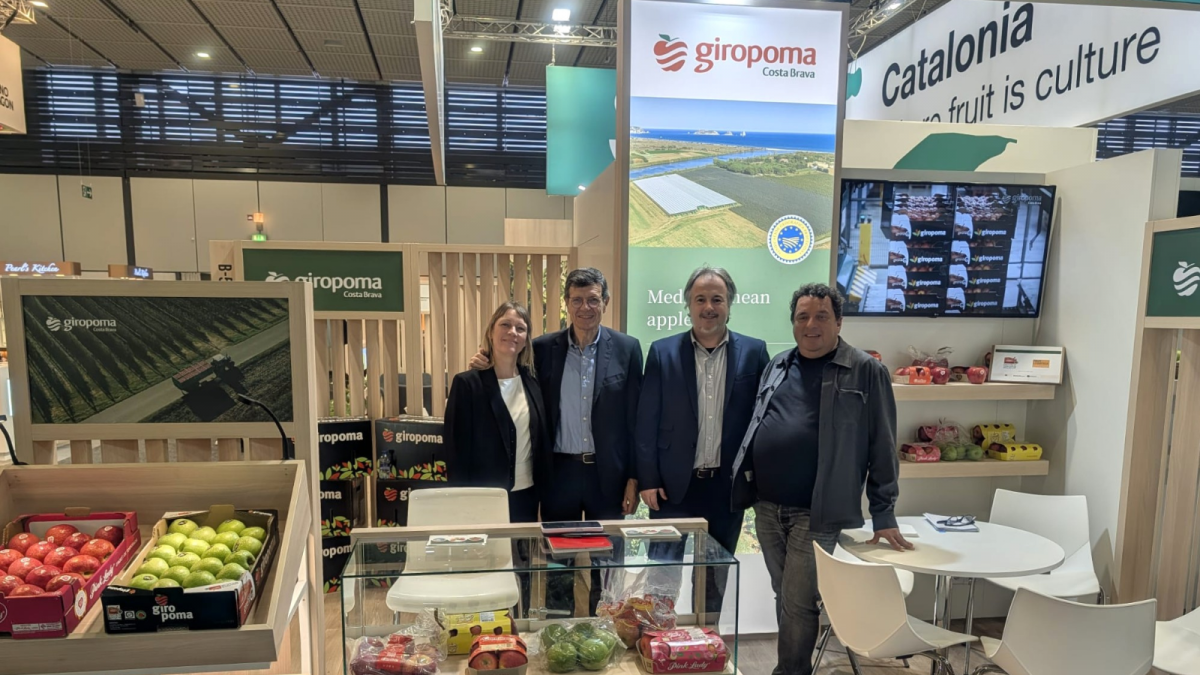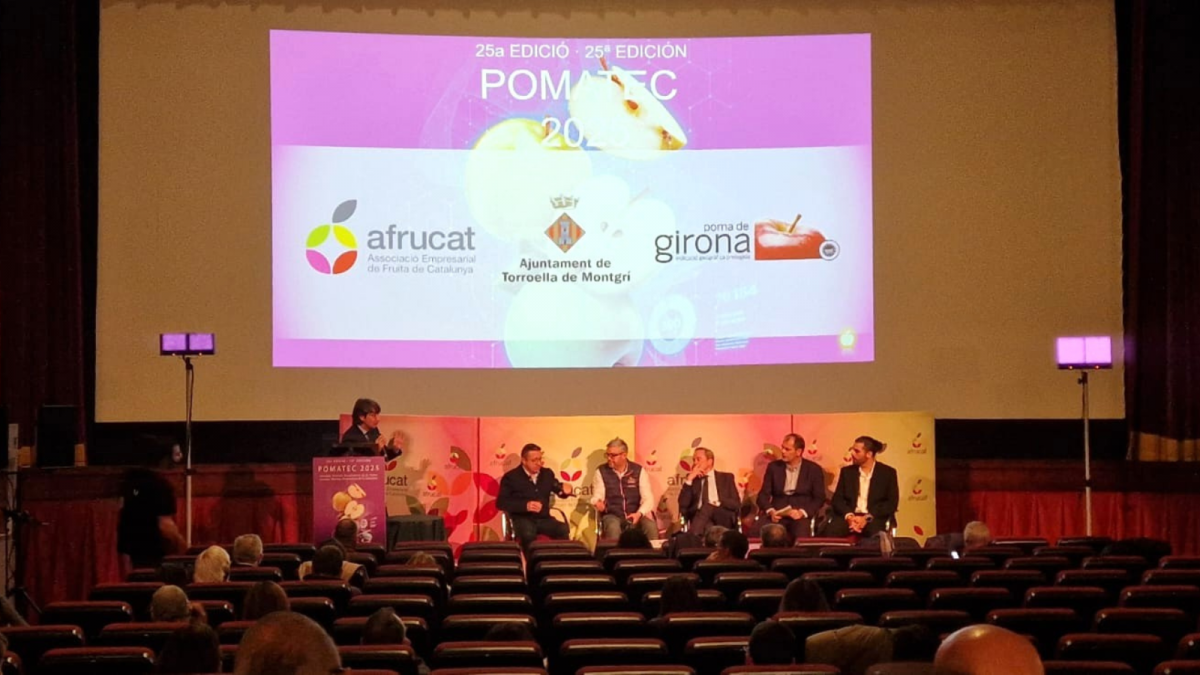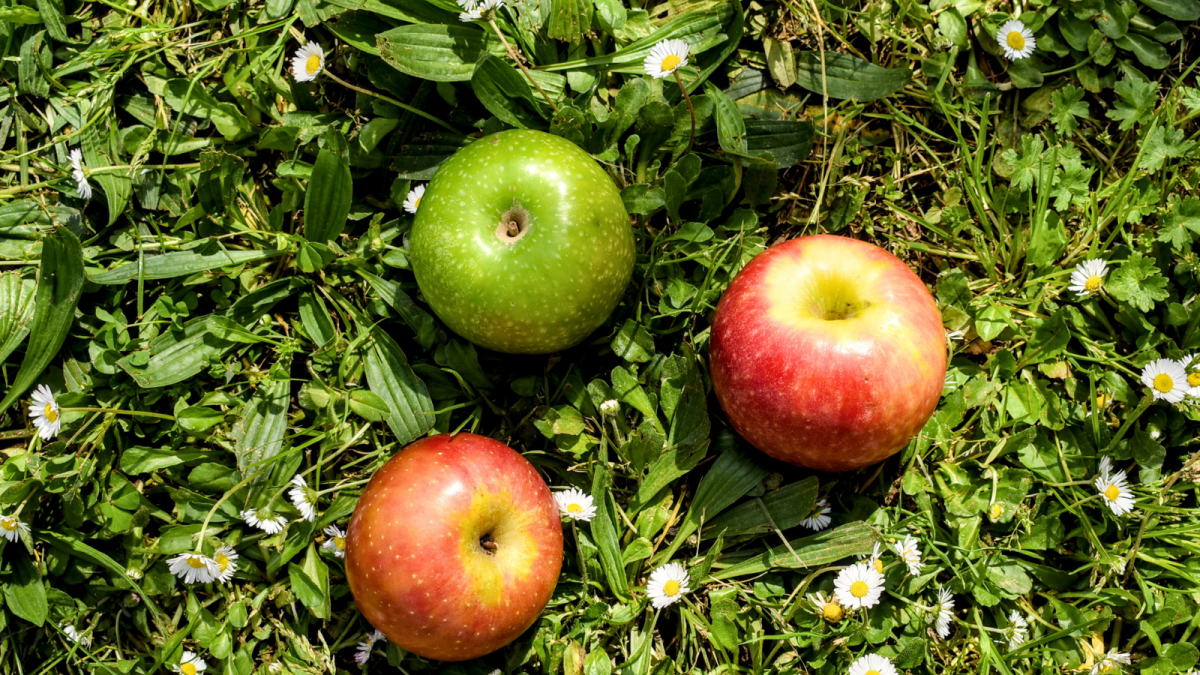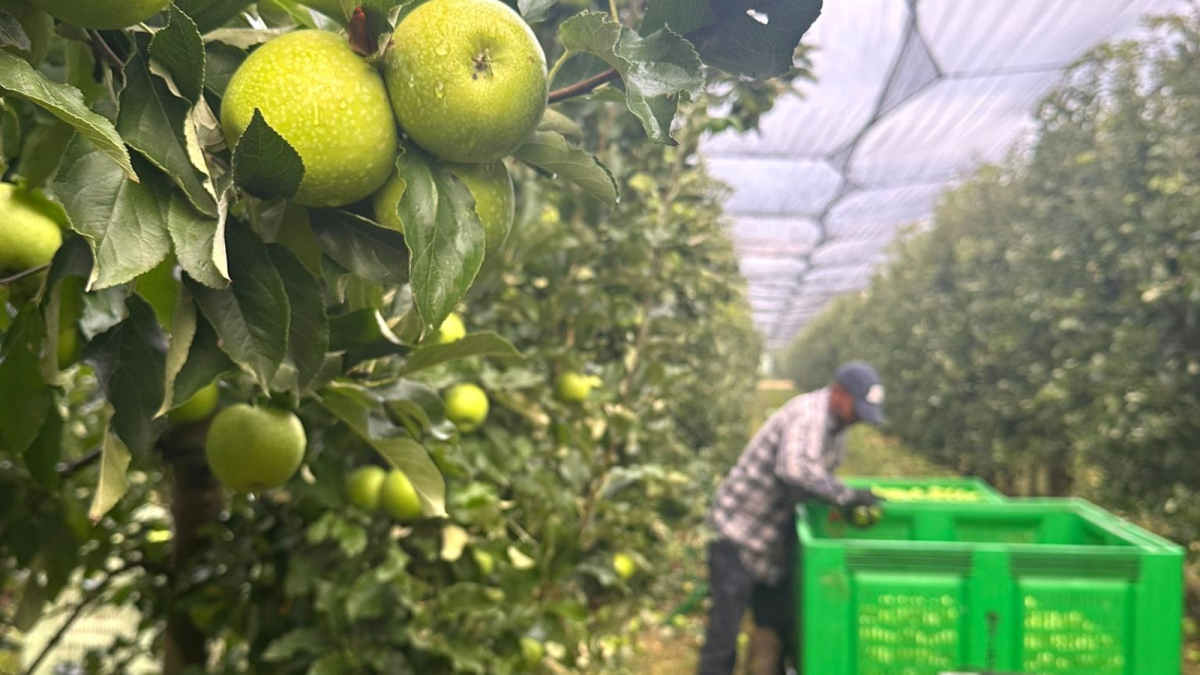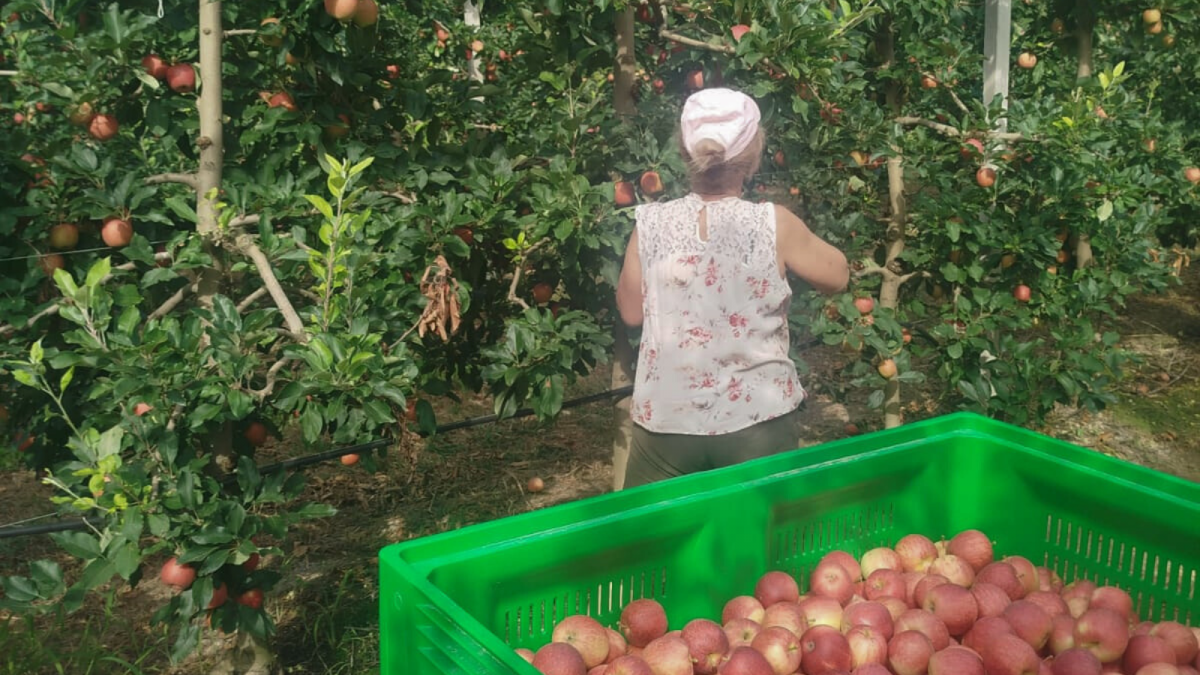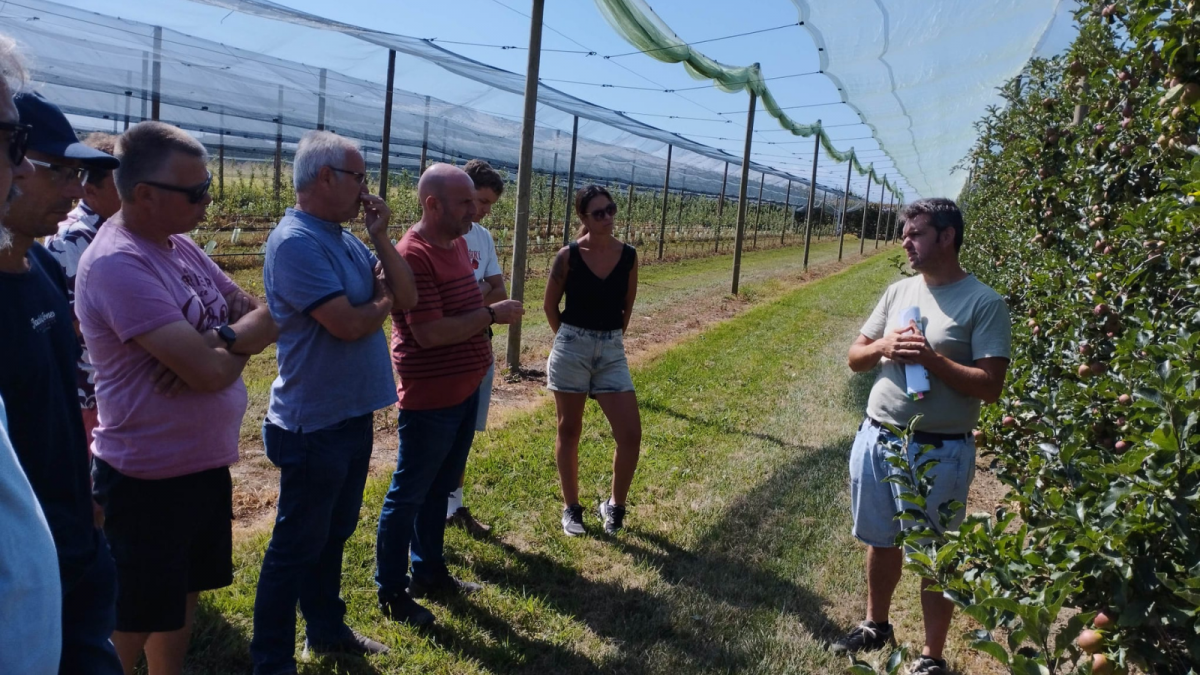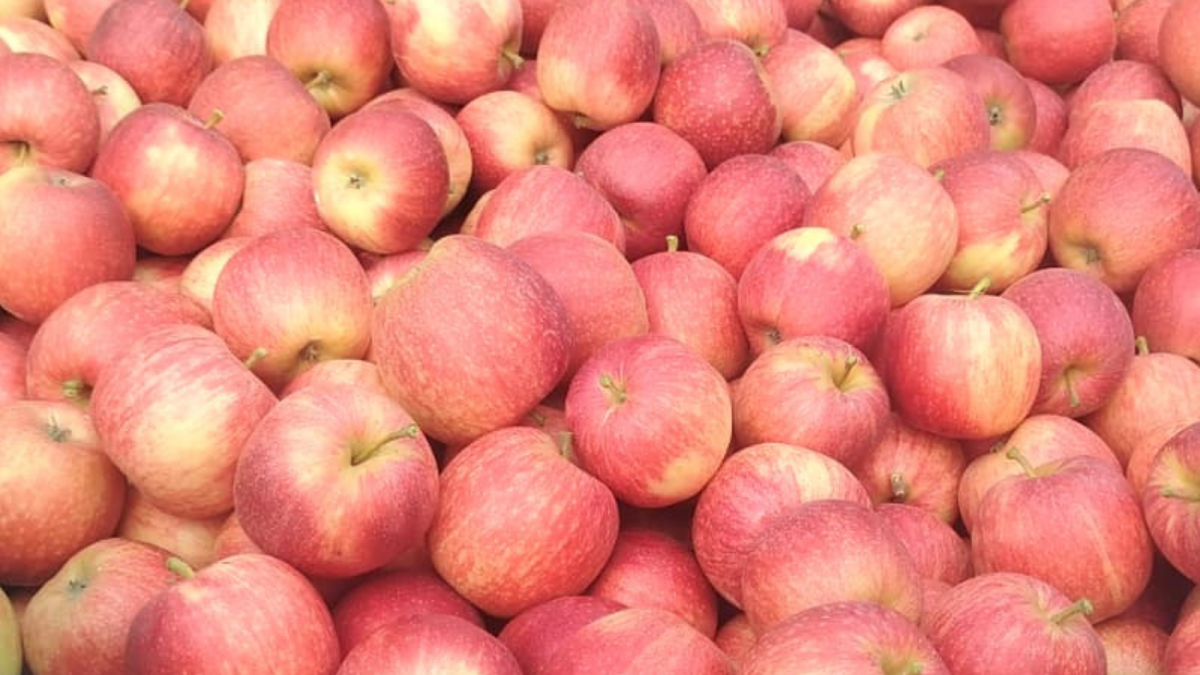Once again, Giropoma actively participated in Fruit Logistica 2026, the leading trade fair for the global fresh produce trade, held from February 4 to 6 in Berlin. An event that, for the 33rd time, has confirmed its role as a key meeting point for the international horticulture industry, connecting markets, innovations, and professionals from around the world.
In a context marked by transforming markets, changes in supply chains, and evolving business models, Fruit Logistica brought together trade visitors from over 150 nations and 2,600 exhibitors from approximately 90 countries. An ideal setting to strengthen business relationships, identify new opportunities, and analyze the main trends in the sector.
At the IGP Poma de Girona, booth, Giropoma presented its range of apples, emphasizing product quality, traceability, and a commitment to sustainable and efficient production. The presence at the fair has allowed the brand to consolidate its position in strategic international markets and strengthen Giropoma’s positioning as a producer committed to the future of the sector.
A constantly evolving sector
This year’s edition has highlighted the need to share knowledge and experiences in a time of global change. Factors such as climate change, rising production costs, market volatility, and evolving consumer habits make in-person exchange more relevant than ever.
In this regard, Fruit Logistica has offered an extensive program of conferences, networking spaces, and presentations that have addressed key topics such as digitalization, sustainability, and innovation, among others. These are areas fully aligned with Giropoma’s strategy, which is committed to the continuous improvement of production and post-harvest processes.
Innovation, Technology, and a Forward-Looking Perspective
Innovation has been one of the main focuses of the fair, with a growing prominence for artificial intelligence, automation, and new technological solutions applied to production, quality control, logistics, and marketing. This approach reinforces the importance of adapting to an increasingly demanding and competitive environment, where technology becomes a key factor in ensuring the sustainability and resilience of the sector.
For Giropoma, participating in Fruit Logistica 2026 has been an opportunity to continue moving forward in this direction, share visions with other industry players, and identify innovative solutions that allow for offering high-quality, safe, and environmentally friendly products.

